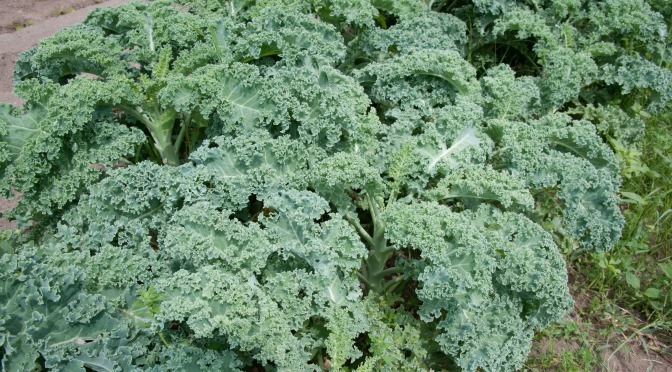Meadowsweet is a wild herb and flower that is rich in vitamin C, antioxidants, and bioflavonoids and works as a natural digestive aid and pain reliever. It has been found to decrease the amount of acid build up in the stomach by soothing the mucous membranes and digestive tract which makes it an excellent remedy for digestive issues such as nausea, ulcers, heartburn, gastritis, indigestion, ibs, and diarrhea. Meadowsweet contains
Meadowsweet contains salicyclic acid, which is commonly used as the active ingredient in aspirin and can provide similar pain relief from headaches, fevers, and various aches and pains. Meadowsweet also contains potent anti-inflammatory properties and can help reduce swelling associated with arthritis, rheumatism, fibromyalgia, bursitis, sinusitis, allergies, migraines, and chronic illnesses. Meadowsweet is a gentle, yet effective herb for urinary tract, bladder, and kidney infections and can safely be used on children and adults alike.
Meadowsweet also contains sedative properties that help to relax the nervous system and reduce muscle tension throughout the body. Meadowsweet tea has a smooth, clean, sweet flavor. Use 2 teaspoons of dried herb to 1 cup of boiling water and allow to steep for at least 20 minutes, sweeten with raw honey if desired. Topically, meadowsweet tea can be used as compress for neuralgia, painful arthritis, rheumatic joints, hemorrhoids, cellulite, acne, and edema. It is also an excellent eyewash for conjunctivitis and other eye related problems.
If you find the herb growing locally in the wild the flowers can be added to fruit salads, ice tea, jams, and sorbets for a subtly sweet almond flavor. Meadowsweet can also be found online or at your local health food store in tea, tincture, extract, capsule, and cream form.




